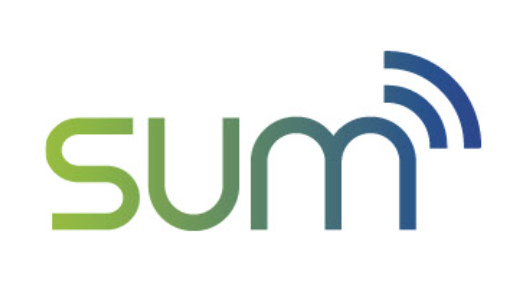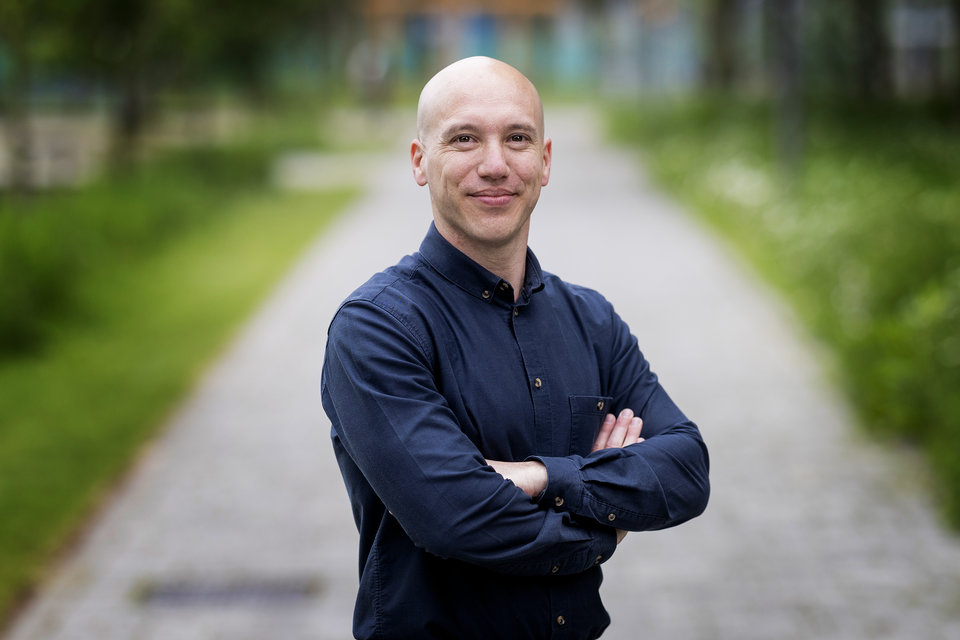Seamless Shared Urban Mobility
In the EU project “Seamless Shared Urban Mobility (SUM)”, we aim to contribute to the mobility transformation in 15 European Cities by 2026 and 30 European Cities by 2030 towards new shared mobility modes integrated with PT, which are innovative, intermodal, interconnected, greener, safer, more resilient, and replicable, while ensuring their affordability and reliability for the benefits of end users, as well as their financial viability for the benefit of European companies’ competitiveness.
To improve the competitiveness of New and Shared Modes (NSM) and increase their modal share, this project will develop the following pillars consisting of technological, co-creation, and policy tools to tackle the identified NSM barriers for a typical, car focused family. First, SUM will develop prediction tools for the availability of shared modes in order to reduce the insecurity of travelers who might wish to use shared modes (an identified barrier by 15% of potential NSM users). Second, SUM will develop On-demand Shared Mobility Management tools, and third, tools for the scheduling and ticketing integration of NSM and PT. These tools will reduce the total door-to-door travel times of passengers when using NSM and Public Transport (PT) and make this option more competitive compared to using private vehicles. This can change the opinion of a substantial size of the 34% of travelers who use private vehicles because they are satisfied by them and 17% of travelers who do not use NSM because of their inability to combine them with PT. To be more precise, the International Association of Public Transport (UITP) collected practical evidence from sixty metropolitan areas which suggests that up to 40% of travelers shift from private cars to PT and/or shared modes when their door-to-door travel times become significantly lower than the travel times of using private vehicles. Fourth, SUM will perform Co-creation activities to develop/modify Mobility Hubs and the Streetspace in order to improve the accessibility of travelers, reduce the risk of accidents, increase the appeal of NSM, and mitigate the inability to leave shared vehicles where the user wishes (an identified barrier by 11% of potential NSM users).
The consortium of the SUM project consists of a unique combination of 9 living labs (LLs) across Europe and its associated countries that will be supported by 30 consortium members with complementary expertise.
SUM has received funding from the European Union’s Horizon 2020 research and innovation program under Grant Agreement no. 101103646.
The TU Delft team in the project includes in addition to the below mentioned lab members also Associate Professor Shadi Sharif Azadeh.
Staff members involved





